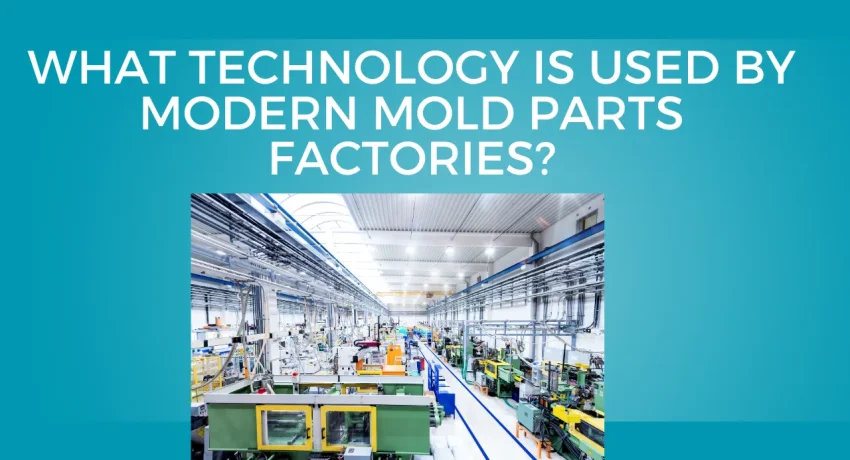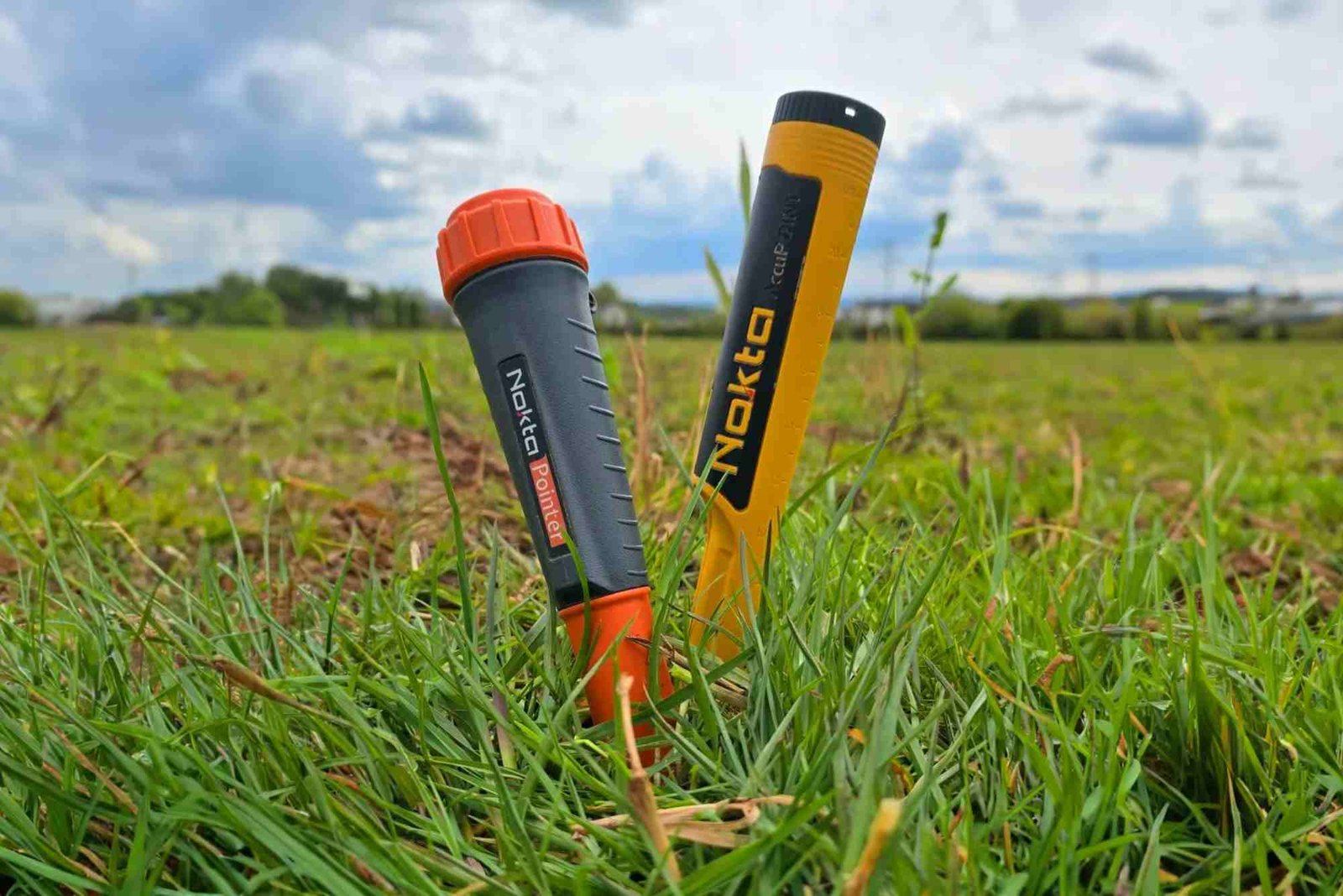In today’s rapidly evolving manufacturing industry, technology is at the heart of every successful operation. When we talk about injection molding, the question often arises: what technology is used by modern mold parts factories? Having worked with several plastic mold parts manufacturers, I’ve noticed that the factories that leverage advanced technology consistently deliver higher-quality products, faster turnaround, and greater reliability. Understanding the technologies they use can help businesses choose the right partner and make smarter production decisions.
The Role of Technology in Injection Mold Parts Factories
An injection mold parts factory doesn’t just press plastic into molds. Modern factories integrate multiple layers of technology—from precision machinery to software-driven design tools—to ensure that each part meets stringent quality standards. These technologies impact every stage of production, from mold design and prototyping to manufacturing, finishing, and quality inspection.
A cutting-edge plastic mold parts manufacturer can provide engineering insights, optimize material usage, and reduce errors before production even begins. This is why technology has become a critical differentiator among factories that may otherwise look similar in terms of price or capacity.
Computer-Aided Design (CAD) and Simulation
One of the foundational technologies used by modern injection mold parts factories is Computer-Aided Design (CAD) software. CAD allows engineers to create highly detailed 3D models of molds and parts, helping to visualize complex geometries before any material is cut.
Alongside CAD, factories often use simulation tools to predict how molten plastic will flow into a mold. These simulations, often called mold flow analysis, allow manufacturers to detect potential problems such as air traps, weld lines, or uneven cooling. For businesses, this means fewer defects, reduced material waste, and faster product development cycles. A skilled plastic mold parts manufacturer will typically provide these simulations as part of their design consultation, adding significant value.
CNC Machining and Precision Tooling
Once the mold design is finalized, modern factories rely heavily on Computer Numerical Control (CNC) machines. CNC technology enables factories to cut molds with extraordinary precision—sometimes down to microns. This level of accuracy is especially important for industries like electronics or medical devices, where tight tolerances are non-negotiable.
Beyond CNC machines, modern injection mold parts factories also use Electrical Discharge Machining (EDM) to create intricate mold features. EDM allows manufacturers to produce complex cavities and sharp corners that traditional cutting methods cannot achieve. By combining these technologies, a factory can consistently deliver high-quality molds and components that meet exact specifications.
Automation and Robotics
Automation is another major technology transforming injection molding. Many modern factories integrate robotic arms for tasks such as part removal, assembly, and packaging. Automation reduces human error, accelerates production, and ensures uniform quality across thousands—or even millions—of parts.
For example, a plastic mold parts manufacturer producing automotive components may rely on robots to handle hot parts immediately after molding. This not only improves safety for workers but also minimizes defects caused by manual handling. Factories that embrace automation can also scale production more efficiently, which is crucial for businesses looking to meet growing demand.
Advanced Material Processing
Modern injection mold parts factories are no longer limited to standard plastics. They use advanced technologies to process engineering-grade plastics, composite materials, and even bio-based resins. Sophisticated temperature controls, high-pressure injection systems, and precision cooling circuits allow these factories to mold challenging materials without compromising part quality.
A factory’s ability to work with specialized materials often sets it apart as a top-tier plastic mold parts manufacturer. Whether a product requires flame-retardant plastics, medical-grade polymers, or high-strength engineering plastics, a technologically advanced factory can adapt its processes to meet these needs.
Quality Control and Inspection Technology
Technology doesn’t stop at production. Modern injection mold parts factories invest heavily in quality control systems. Coordinate Measuring Machines (CMMs), 3D scanners, and automated optical inspection systems allow manufacturers to verify part dimensions and surface quality with incredible accuracy.
This means that before a part leaves the factory, it undergoes rigorous checks to ensure it meets customer specifications. A reliable plastic mold parts manufacturer will also maintain detailed quality records, providing transparency and peace of mind to clients.
Digital Integration and Industry 4.0
The most forward-thinking injection mold parts factories are adopting Industry 4.0 principles. This involves integrating digital technologies across the factory floor, enabling real-time monitoring, predictive maintenance, and seamless communication between machines.
By collecting and analyzing data from every stage of production, factories can reduce downtime, optimize processes, and respond quickly to quality issues. This digital integration makes the production chain more agile and ensures that clients receive consistent results.
Choosing a Factory That Embraces Technology
When selecting the best injection mold parts factory, technology adoption should be a key consideration. A factory that invests in CAD software, CNC and EDM machinery, robotics, advanced material processing, and quality inspection systems is more likely to deliver reliable, high-quality products.
Equally important is how the factory applies this technology. Some manufacturers may have state-of-the-art machines but lack skilled operators or engineers. The best plastic mold parts manufacturer combines technology with experience, engineering expertise, and excellent communication to provide a truly valuable partnership.
Final Thoughts
Technology has revolutionized the injection molding industry, transforming how parts are designed, manufactured, and inspected. From CAD and CNC machining to automation and Industry 4.0 integration, modern mold parts factories leverage technology to deliver efficiency, precision, and quality.
For businesses, understanding these technologies is crucial in selecting the right factory. A technologically advanced plastic mold parts manufacturer not only produces superior components but also acts as a strategic partner, helping optimize designs, reduce costs, and accelerate time-to-market.
By choosing a factory that embraces technology, you can ensure your products are manufactured to the highest standards, with fewer errors, faster delivery, and long-term reliability.











